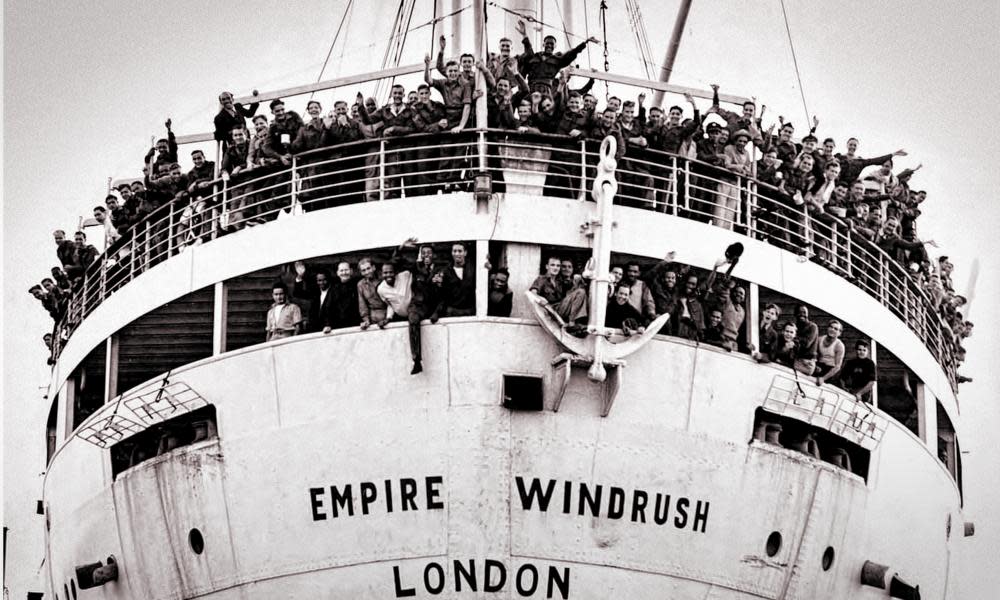Church of England urged to apologise for Windrush racism

The Church of England should apologise for its “horrible and humiliating racism” towards people of the Windrush generation, many of whom were turned away from parish churches, and it should consider commissioning an independent report on institutional racism, a member of its clergy has said.
The church’s ruling body, the General Synod, will debate a motion next month calling on it to “lament the conscious and unconscious racism experienced by countless black, Asian and minority ethnic (BAME) Anglicans in 1948 and subsequent years”.
The motion also calls on the church to “stamp out all forms of conscious and unconscious racism” and to commit to increasing the representation of BAME Anglicans.
The Rev Andrew Moughtin-Mumby, who is proposing the private member’s motion, said on Friday there was an urgent need for the church to “get our house in order”. He said he had become “more and more angry that we don’t hear from our church standing in solidarity with victims of racism”.
Some of the Windrush generation found a warm welcome in parish churches, he said, but many others experienced appalling racism. A paper to be submitted to the synod includes an account from Doreen Browne, who arrived in the UK in 1956 aged 16. She described her mother being turned away on the steps of St Peter’s church in Walworth, south London, “due to the plain fact of the colour of her black skin”.
Moughtin-Mumby said: “We know that many people did not find a home and simply left the C of E – a scandal for us.” He said Browne’s mother had experienced “horrible and humiliating racism from a priest who should have been welcoming her”.
The church should apologise and should consider commissioning an independent person to investigate whether it was institutionally racist, he said.
“In terms of the number of ordained clergy, the picture is good, but in senior leadership it’s not good, and that has an effect on the whole church,” he said. “We need to admit that the church is in some ways institutionally racist because we have not managed to create a space in which everyone can flourish.”
The proportion of people training to become C of E priests who were from a BAME background doubled to 8% between 2016 and 2018, according to the most recent data available.
However, the retirement of John Sentamu, the archbishop of York and the most senior BAME figure in the church, will leave just three minority ethnic bishops out of a total of about 120. All three are suffragan bishops, junior to diocesan bishops.

 Yahoo News
Yahoo News 
